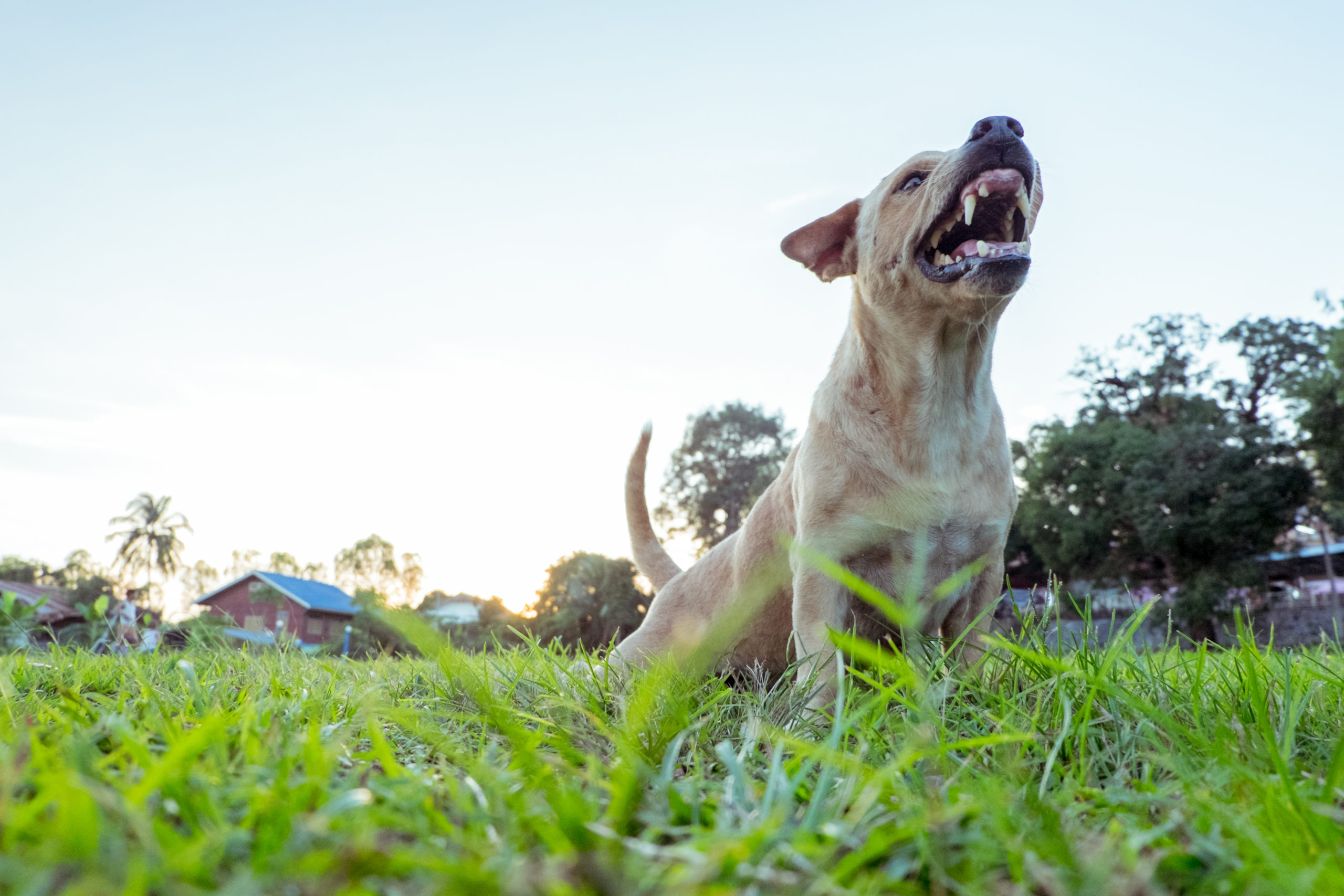
Dogs are quarantined for 10 days to monitor for signs of rabies, a viral disease that can be transmitted to humans through bites. This observation period ensures that if the dog shows no symptoms of rabies after 10 days, the risk of transmission is eliminated without the need for euthanasia. The quarantine is a precautionary measure to protect public health, while also allowing pets to be safely returned to their owners if they remain healthy.
Your dog has bitten someone, and you’ve just found out your dog must quarantine for 10 days. Why is there a 10-day quarantine for dog bite? Most states mandate a 10-day dog bite quarantine because federal law governing testing and vaccination against rabies for animals is insufficient to protect everyone from this highly contagious virus. The Centers for Disease Control and Prevention recommend a 10-day quarantine to combat this.
A 10-day quarantine for dog bite ensures safety and health following a potentially rabies-exposed bite, a crucial preventive measure supported by state and federal guidelines.
Key Takeaways
- The 10-day quarantine period for dog bites is mandated to monitor for rabies signs.
- The quarantine can occur at various locations, depending on the dog’s rabies risk and local laws.
- Even vaccinated dogs must complete the quarantine, with possible adjustments based on vaccination status.
- The quarantine’s outcome depends on the dog’s health and behavior during the period.
How Long After a Dog Bite Does the 10-Day Quarantine Begin?
Typically, the 10-day rabies quarantine begins directly after the dog bite occurs. A local state agency, such as a police department or animal control, could get involved and seize the dog for a 10-day quarantine.
But if an agency like this doesn’t get involved, it’s still important to be up to date on rabies quarantine facts and the 10-day quarantine period.
In some states, you could be liable for fees if your dog bites someone but you do not comply with the quarantine laws. The person whom your dog bit could also take you to court for a dog bite lawsuit.
Where Can I Board a Dog for a 10-Day Rabies Quarantine?
Where the 10-day quarantine happens can vary from state to state, depending on what laws apply for the quarantine period. To ensure you comply correctly, check your local animal control website or call your veterinarian.
If your dog is at high risk for rabies, it can quarantine at your local vet, animal shelter, or animal control center. If your dog is considered low risk for rabies, you may be able to quarantine your dog at home.
To determine the amount of risk involved, certain factors of that decision are measured, including:
- If the person the dog bit provoked the dog,
- If is know that there are animals in the area with rabies,
- How many times the dog bit the person,
- The location of the dog bites,
- How severe the dog bites are, and
- If your dog is up to date with their rabies vaccination.
If your pet quarantines at home, you must ensure complete separation from all other animals. Any out-of-the-ordinary behavior during the quarantine period exhibited by your dog must be reported.
You can’t take your dog for rides or walks during the quarantine. Ensure you also stay away from the dog for your safety and watch your dog all the time.
If you can quarantine your dog at home, check rabies quarantine facts and do everything you can to protect yourself from getting bitten. Some owners keep them in a fenced side yard or a garage.
Home quarantine can be challenging to do in a small space, so in that case, it can be best for your pet to wait out the quarantine period outside the home.
What If My Dog Gets Vaccinated During the 10-day Quarantine?
The Centers for Disease Control and Prevention recommend a course of action for vaccination depending on how up-to-date your dog is on their shots. If your pet is vaccinated and is up to date with their rabies shot, then your veterinarian can give the dog a booster.
If your dog has received a vaccination against rabies, but the vaccine is out of date, it can be vaccinated again. In most circumstances, even when your dog gets a booster or vaccination against rabies, they will still need to complete the 10-day quarantine.
What if My Dog Dies During the 10-day Quarantine?
If the worst happens and your dog passes away during the 10-day quarantine, in some states, the local center for disease control will need to take possession of the remains to run further tests for rabies.
In some circumstances, your dog can receive emergency medical treatment if suffering from extreme injuries, even if they also need to be quarantined.
Be sure to know your rabies quarantine facts and check with your local veterinarian to ensure your dog gets the necessary care.
How Does the Quarantine Period End?
If your dog quarantines for 10 days and does not exhibit any signs of rabies, it can go home. Generally, an animal control officer is the one who officially lifts the quarantine.
Unfortunately, if symptoms of rabies are detected and a veterinarian has a positive diagnosis, the dog must be put down.
Why Does It Matter If My Dog Has Rabies?
Why is there a 10-day quarantine for dog bites? Rabies is a highly contagious disease that’s spread through saliva. Because dogs can come into contact with other animals who may have rabies while out on their own on your property or walks, it’s very easy for them to be exposed.
Your dog won’t immediately exhibit symptoms if they have contracted rabies, but one of the first tell-tale signs is unexpected behavior, such as biting someone.
If your dog does bite someone and has rabies, they can immediately give it to the person they’ve bitten through saliva contact.
The person who’s bit won’t immediately exhibit symptoms either. Still, it’s important to quarantine the dog after the incident so you or a veterinarian can continue to watch for the signs.
If your dog has rabies, both the person who’s bit and your dog can receive shots. If your dog passes the 10-day quarantine without exhibiting symptoms, then neither the person who’s bit nor the dog has rabies.
Choose Brett McCandlis Brown & Conner
Why is there a 10-day quarantine for dog bites? What happens if I’m involved in a dog bite lawsuit? Don’t guess at the answers to these questions; get solid help from Brett McCandlis Brown & Conner.
We use our skills to help people move forward with their lives in a meaningful and lasting way. In every case, with every client, we spend the time talking straight about the law.
We help people with real problems and know it’s not just about the money. We never collect fees up front; we get paid when you do. Call us today!


